Writes: Enock Shishenge
The African National Congress had its policy conference some time last week in Midrand, Johannesburg. The policy conference proved to be a success because most of the motions discussed were of untmost importance and will help the majority of South Africans realise their promised land. The one on free-education will see most of our young people accessing free-education up until they finish their teartiary studies. That is, indeed, a success story in itself. There were, of course, a quite number of motions which were recommended for further deliberations in the national conference in Limpopo. Amongst those motions recommended there is one which says teachers should concetrate in educating the nation and forget politics for the politicians( teachers should not be councillors). That motion makes me ask myself a hell lot of questions: Who should be a politician? Teachers did not fight for Freedom? If they fought, were they not politicians then? Let me try to make my discussion litle bit lucid. In one of the SRC meetings the time I was a member where I studied I said: " There is no human being who is apolitical because politics affects us all one way or the other". The reason I refer to the above statement, which I feel it is still relevant today, is because the educators played a very important role in the fight of apartheid and still participating progressively in the relevant structures of the movement. If they say that teachers can't be councillors, does that mean they should also stop participating in the branches as chairpersons, secretaries etc. That simply translates to mean that they are forcing teachers to be apolitical which is impossible. And if they force teachers to be apolitical and become successful that means educators should also not vote and help in the processes during the time of elections. It is really unfair, why an educator alone? What about the other public servants such as nurses, administrators extra. And remember the people who seem to have a little education in the rural villages are mostly teachers and working as civil servants. Who is really going to lead in places such as these. Since that is still a motion which is just recommended I hope the majority of members from the branches will engage those who proposed the motion late this year in Limpopo. This is discimination at its best which will never be tolerated in any way. Siyodivana Limpopo.
The African National Congress had its policy conference some time last week in Midrand, Johannesburg. The policy conference proved to be a success because most of the motions discussed were of untmost importance and will help the majority of South Africans realise their promised land. The one on free-education will see most of our young people accessing free-education up until they finish their teartiary studies. That is, indeed, a success story in itself. There were, of course, a quite number of motions which were recommended for further deliberations in the national conference in Limpopo. Amongst those motions recommended there is one which says teachers should concetrate in educating the nation and forget politics for the politicians( teachers should not be councillors). That motion makes me ask myself a hell lot of questions: Who should be a politician? Teachers did not fight for Freedom? If they fought, were they not politicians then? Let me try to make my discussion litle bit lucid. In one of the SRC meetings the time I was a member where I studied I said: " There is no human being who is apolitical because politics affects us all one way or the other". The reason I refer to the above statement, which I feel it is still relevant today, is because the educators played a very important role in the fight of apartheid and still participating progressively in the relevant structures of the movement. If they say that teachers can't be councillors, does that mean they should also stop participating in the branches as chairpersons, secretaries etc. That simply translates to mean that they are forcing teachers to be apolitical which is impossible. And if they force teachers to be apolitical and become successful that means educators should also not vote and help in the processes during the time of elections. It is really unfair, why an educator alone? What about the other public servants such as nurses, administrators extra. And remember the people who seem to have a little education in the rural villages are mostly teachers and working as civil servants. Who is really going to lead in places such as these. Since that is still a motion which is just recommended I hope the majority of members from the branches will engage those who proposed the motion late this year in Limpopo. This is discimination at its best which will never be tolerated in any way. Siyodivana Limpopo.

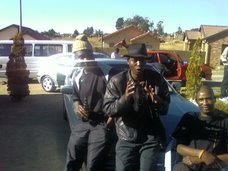


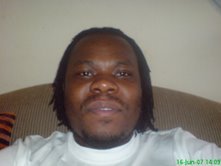
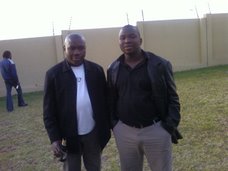



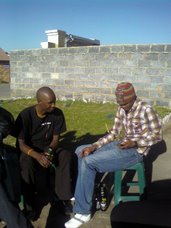



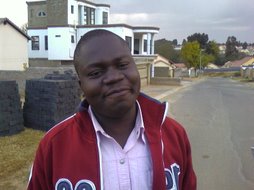
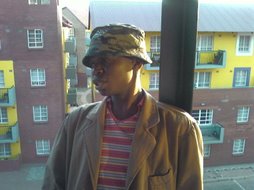
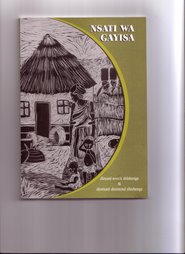
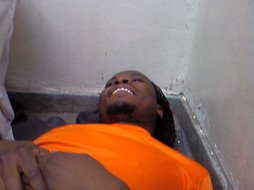




No comments:
Post a Comment